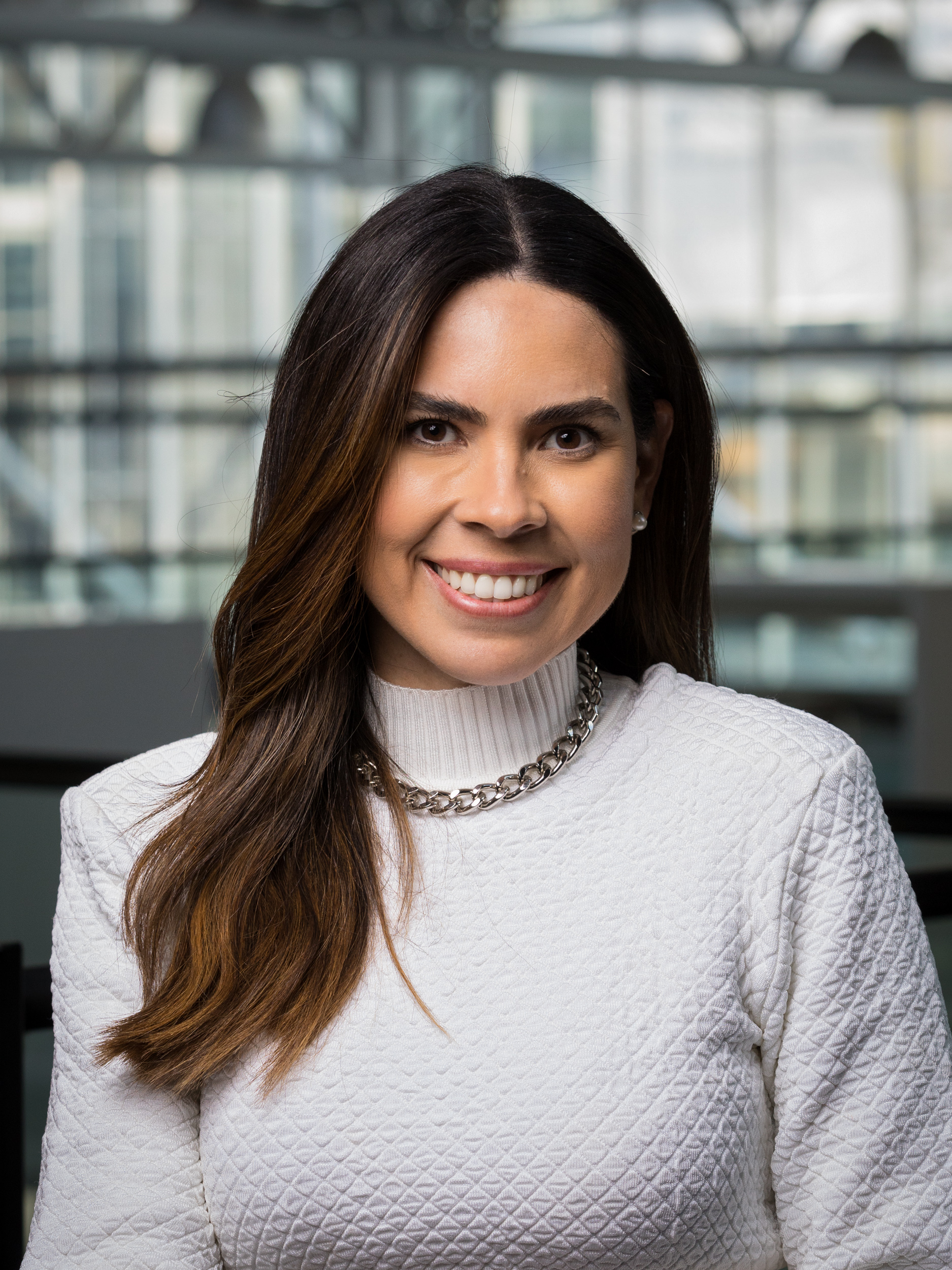Introduction to the 22nd IBD Intensive Course for Trainees
Natalia Queiroz, EduCom Member
 Natalia Queiroz © ECCO |
The 22nd ECCO IBD Intensive Course for Trainees, Stockholm 2024
The IBD Intensive Course for Trainees will take place over one day on Wednesday, February 21, 2024, prior to the official start of the ECCO Congress. This ECCO Educational Initiative has a rich history, dating back to its conception in 2003, even before the launch of the ECCO Congress.
The fundamentals of IBD education begin during gastroenterology fellowship training. However, IBD medical education is often fragmented. The IBD Intensive Course for Trainees aims to provide advanced fellows in gastroenterology with a comprehensive understanding of IBD from a multidisciplinary perspective. In addition, the course presents a valuable opportunity for young clinicians to connect with colleagues from various countries around the globe, allowing them to explore different medical standards and establish a network for potential future collaborations. Participation in the programme is by invitation, with students nominated by ECCO National Representatives.
The course is structured into different sessions, with the first and second sessions featuring lectures by leading IBD experts on topics such as epidemiology, pathogenesis, therapeutics and emerging treatment strategies. This year, the lectures relating to advanced therapies have been modified from a drug-based to a disease-based format and in addition a lecture on surgery in IBD has been added, filling a gap that existed in the previous programmes. These sessions utilise case-based presentations to reflect real-world clinical practice and encourage interactivity. The faculty comprises experts chosen not only for their subject expertise but also for their skills as educators. The course also emphasises social interaction among attendees, fostering networking opportunities and potential collaborations for future scientific initiatives. The third session adopts a round table format, where faculty members engage in discussions on intriguing IBD topics with small groups of attendees. Rotation among the tables offers all attendees the possibility to interact with the faculty group and gain knowledge from these specific situations. This allows for deeper knowledge exchange and interaction. This year a lecture regarding the approach to IBD patients beyond therapies will open the third session.
It is also important to emphasise that the participation of attendees is essential for the course's success, facilitated by the relaxed and friendly atmosphere created by the organisers. At the end of the course, participants can obtain a certificate of participation with CME credits.
We very much look forward to meeting you at the 22nd IBD Intensive Advanced Course in Stockholm, Sweden and to lively discussions on all of the course topics.